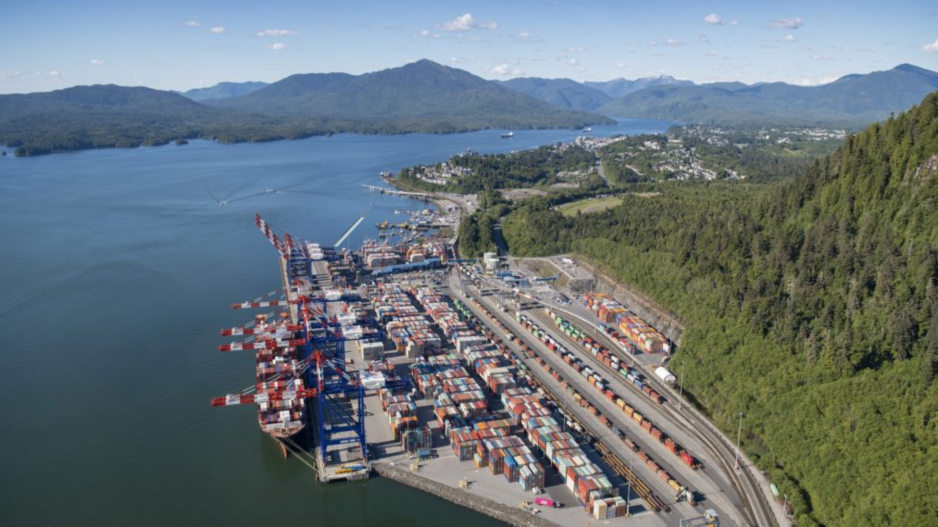What happened: The Association of Canadian Port Authorities says the economic impacts of ongoing anti-pipeline protests have been felt immediately.
Why it matters: Protests in support of Wet'suwet'en hereditary chiefs have blocked infrastructure critical to the movement of goods and people across the country. In some cases, ships are being turned away from Canada and cargo re-routed to ports in the United States.
Port authorities are beginning to turn incoming ships away from Canadian gateways as anti-pipeline protests continue to disrupt trade and transportation infrastructure across the country.
Some cargo coming to Canada is now being re-routed to U.S. ports, according to Association of Canadian Port Authorities president Wendy Zatylny.
"This continued disruption to Canada’s supply chain is having a significant impact on our economy," she noted in a written statement.
"In addition to its effect on the economy and on people, this service disruption has the potential for long-lasting reputational damage to Canada’s ports and our transportation system as a reliable and efficient means of moving cargo."
In certain instances, trucks are being considered as an alternative way to move cargo.
Zatylny also noted the association welcomed the reopening of Canadian National Railway Co.'s (CN) rail line to the Port of Prince Rupert.
Earlier this week, CN CEO JJ Ruest said the Prince Rupert port was "effectively already shutdown" due to blockades on CN's northern mainline between Prince George and Prince Rupert.
"The Ports of Montreal and Halifax are also already feeling the impact of these blockades which will have a trickledown effect on consumer goods in the next few weeks,” he added.




